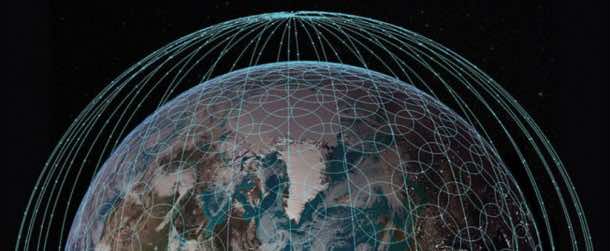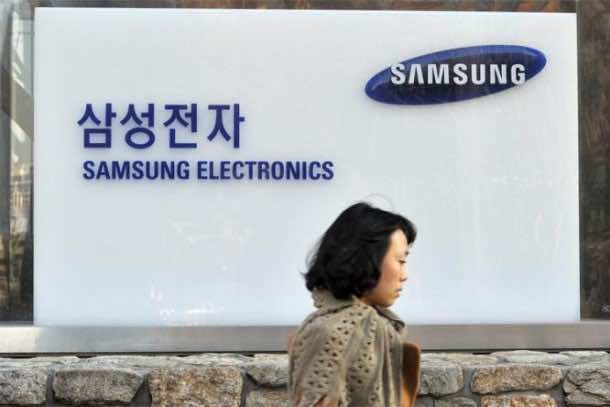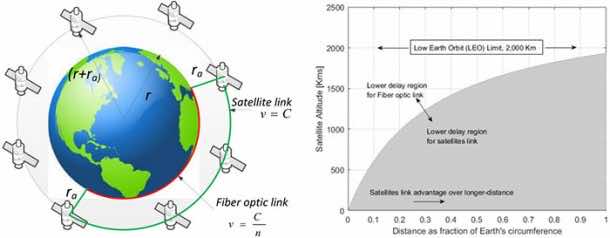Samsung has released a new report where the company suggests that making use of a fleet of 4,600 micro-satellites orbiting the Earth can provide Internet to whole world. According to the report, by 2028, a total of 5 billion Internet users would be munching up about 1 zettabyte per month. Yes, we know zettabyte is a less known term so let us put this into perspective for you; 1 zettabyte is 1,000,000,000 terabytes. Yes, that’s exactly the amount of data Internet will be handling. That is exactly why the report talks about having to come up with a way of being able to deliver this amount of data. The report talks about a constellation of tiny satellites that would beam Internet as a feasible option. By the looks of it, Samsung might be the one to build this constellation.
That is exactly why the report talks about having to come up with a way of being able to deliver this amount of data. The report talks about a constellation of tiny satellites that would beam Internet as a feasible option. By the looks of it, Samsung might be the one to build this constellation.
 The report has been titled as ‘Mobile Internet From The Heavens’ and talks about an Internet satellite system that can help avoid any latency issues that are being faced by the current satellite system being used for providing Internet. The latency exists because of these satellites being placed closer to Earth. Since most of the modern communication satellites are in the geostationary orbit, about 35,000 kilometers above the surface, there is an issue of travel time for the data transmissions. Samsung aims at placing the constellation in Low Earth Orbit and thereby reduce this delay.
The report has been titled as ‘Mobile Internet From The Heavens’ and talks about an Internet satellite system that can help avoid any latency issues that are being faced by the current satellite system being used for providing Internet. The latency exists because of these satellites being placed closer to Earth. Since most of the modern communication satellites are in the geostationary orbit, about 35,000 kilometers above the surface, there is an issue of travel time for the data transmissions. Samsung aims at placing the constellation in Low Earth Orbit and thereby reduce this delay.
The fleet of these micro-satellites shall be moving around all the time and there won’t be any particularly dedicated satellite for a specific location on Earth and thus, this allows the company to place these satellites in Low Earth Orbit.
The race for providing Internet to all of the world has already begun and a number of companies are competing for it. The main idea being that the one who achieves it will be able to push forward their services and products along with it and make huge profits in the process. Let’s see who reaches the finish first!


